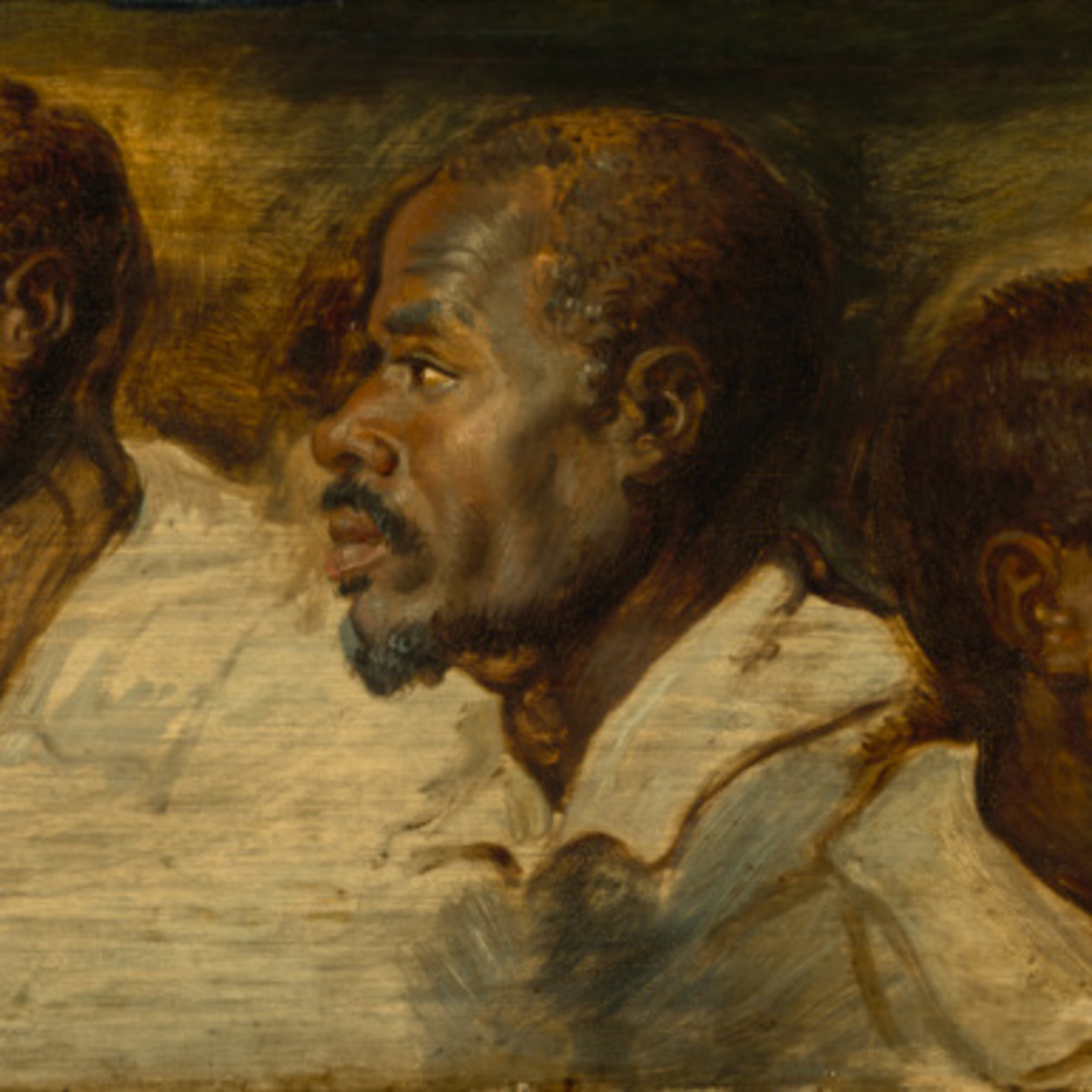At the click of a button, we find a direct pipeline for the latest apocalyptic headline, graphic image, and growing death toll to arrive at our smart devices and subsequently to our homes and hearts. With every mounting crisis, we find a slew of well-meaning, yet overwhelming recommended best practices and prescribed courses of action detailing what we should do if we “really care about [X] issue.” The calls to action are extensive and many are feeling the smothering effects of feeling compelled to engage, while others who are already actively engaged might be experiencing a sense of burnout with so many additional setbacks and challenges in our unique times.
Activist burnout is a long-observed phenomenon. Ayala Pines and Elliott Aronson, from Career Burnout, define activist burnout as “a state of physical, emotional, and mental exhaustion caused by long term involvement in situations that are emotionally demanding.” Clearly, many are feeling prone to burnout in our stressful age—ranging from social workers and emergency response professionals to surgeons and front-line health care workers (to individual mothers and fathers themselves). In many engagement circles, “activist burnout” or “activism fatigue” can similarly be uniquely debilitating and can limit the impact of an overall movement.
As one of the directors of the international women’s empowerment organization, Big Ocean Women, I have witnessed firsthand the kind of fallout this overwhelming fatigue has had on the psyche of individual women and mothers. As a maternal feminist movement, we gather in all parts of the globe every month. In our most recent cottage meetings, many women vulnerably shared moments of struggle amidst such trying times. For those in the activist community, burnout is a matter of real concern.
This problem is significant enough that countless research studies and academic investigations are being done to better identify the causes and solutions for this phenomenon.
For those in the activist community, burnout is a matter of real concern. And yet, in all too many instances, we are failing to find the deeper solutions.
In one 2019 study, Paul Gorski and Cher Chen out of George Mason University observed:
Those seeking support had to find it outside of their social justice education movements and organizations, often leading to their temporary withdrawal from those movements and organizations.
Many of those concerned propose cultural changes that emphasize different approaches to “self-care” as the way to cope and handle the stress.
In our own efforts, we’ve recognized two common coping strategies, neither of which are fruitful in the long run.
The first coping mechanism we’ve encountered is what we’ve lovingly named the “head in the sand” approach. When issues seem too entrenched, too heavy to bear, or beyond the scope of a timely solution-focused outcome, it can often feel physically easier and emotionally safer to avoid the issue altogether. It’s far less messy and taxing to move along with life and ignore the issue rather than confronting and engaging.
Ami Kunimura, the founder of the Self-Care Institute has observed, “ Avoidance [is a] common human response to stress … and most of us do this from time to time. … But avoidance can be harmful.”
While avoiding an issue or problem might give us temporary relief, the break is short-lived and gives us a false sense of security. It offers little in the sense of satisfaction and purpose, and in many ways, the habit of tuning out has a way of eventually shutting us down in other areas of our lives as well. The everyday details of adult living can frankly become unbearable when we’ve succumbed to avoidance as a coping mechanism. Parenting can feel near impossible a task when feelings of fear and insecurity seem to loom over us wherever we go. Such a lack of motivation and enthusiasm can be rooted in overwhelming fear.
The other approach is what we call the “frenzied” approach. It’s when we feel compelled (for whatever legitimate reason) to delve into full-blown activist mode. It can look like countless hours spent researching an issue, or excessive emotional energy spent convincing/debating others online. It could look like sporadic involvement with various frontline organizations, or even mindless financial donations as a means to quell the urge to make an immediate and tangible difference. The overactivity in this approach is likewise rooted in fear and anxiety.
As praiseworthy as any of these actions may seem, the longevity of the activism while in this state is typically short-lived, which in turn limits the long term scope and impact one could have. In reality, “frenzied” activists are far more likely to experience burnout, as well as carrying the emotional burden of their anxiety to unsuspecting family members and friends. The most remarkable aspect about this foundation is that we will feel a motivation to engage in the work in “happy ways.”
These two approaches are not the only options, however. We’ve also witnessed a more hopeful and confident approach. A third way that is both manageable and successful. This model offers grace and a consistent endurance for the long haul—an approach relying heavily on faith as a source of abundance, which in turn alleviates the burden of the work and makes one resilient and up to the challenge.
In our organization, we strive to personally internalize the belief that God is our infinite source of abundance, and through this higher power, we have direct access to a wellspring of goodwill, time, energy, stamina, gifts and capacity, self-confidence, and patience. Through our higher power, we can more effectively engage in work that means something profound for us. This connection can inspire us and invigorate our commitment to the work so that over time, our collective impact can truly be world-changing and earth-shattering. The most remarkable aspect about this foundation is that we will feel a motivation to engage in the work in “happy ways.” These happy ways can undoubtedly attract additional supporters to help lighten the load.
In our recent cottage meetings, some of our members expressed being overwhelmed and discouraged with personal challenges and setbacks. Each sister expressed something different. Yet women ranging from various Christian, Muslim, and Indigenous faith traditions also bore witness to the transformative power of faith as the necessary element that pulls us out of the chasms of despair and being overwhelmed.
In an entry in the Jewish Women’s Archive, educational advocate Ellanora Lerner expressed her experience of how her own faith tradition provided this benefit:
Both self-care and social justice for me are rooted in spirituality. … To see everything and all time as holy, to be amazed by the simple, beautiful things in the world, not only brings me happiness; it also inspires me to fight for justice. When I see the world as an incredible creation, I want nothing more than to help improve it. This positive inspiration is essential in the face of burnout and constant negative reinforcement. My Judaism is essential to my social justice not just because it tells me to keep fighting, but because it shows me how.
In a prophetic 1979 address, President Spencer W. Kimball framed women of my own faith as activists, saying, “This (church growth) will happen to the degree that the women of the Church reflect righteousness and articulateness in their lives and to the degree that the women of the Church are seen as distinct and different—in happy ways—from the women of the world.”
Even more than what we do, it’s perhaps how we do it and why we do it that leaves a lasting impact. Big Ocean Women invites others to consider ways of more intentionally incorporating and strengthening our faith as a means to create lasting positive change. Through this Model of Powerful Impact, we can be filled with God’s love and internalize His wellspring of power within our own selves. That power then naturally ripples outward and impacts those nearest to us, especially our family members. As we do so, they will have the chance to see and experience for themselves a different kind of activism, one that is filled with a steady hope and brilliant optimism.
The empowered spillover from a faith-filled activism influences us to see families as assets rather than an annoyance. When we engage in emotional social justice work in joyful ways, our children experience the best of humanity and act in their own lives from a place of dignity and abundance, rather than fear and scarcity. As our families internalize this positive energy from hope-filled activism, it’s far more likely that they will not only participate in similar work in the present but also carry on this impactful approach to future generations as well (and that’s making a BIG impact!) Naturally, the ripples would expand not only geographically to encompass friends, but would also expand generationally through time.
Hopefully, these insights could be encouraging to anyone prone to burnout in their important contributions to the world—from church leaders to parents to school teachers.
For women in this effort to advance maternal feminism, our work is especially sweet. Certainly, there are moments of feeling overwhelmed, but with the sisterhood and network of light-filled, hope-filled, faithful women and their families, we ebb and flow in such a way as to support one another through rough patches and the overall journey feels encouraging and rejuvenating. We feel peace in the assurance that God is aware of the status of the world, and generously offers us gifts that will tenderly improve the lives of people around us one small and manageable act at a time. We understand that we aren’t meant to fix every social ill all at once. Rather we find calm in the fact that this is a long term generation event, and that being engaged in positive ways, in whatever capacity we can offer at the time, will create the kinds of very real changes that will truly last.

















